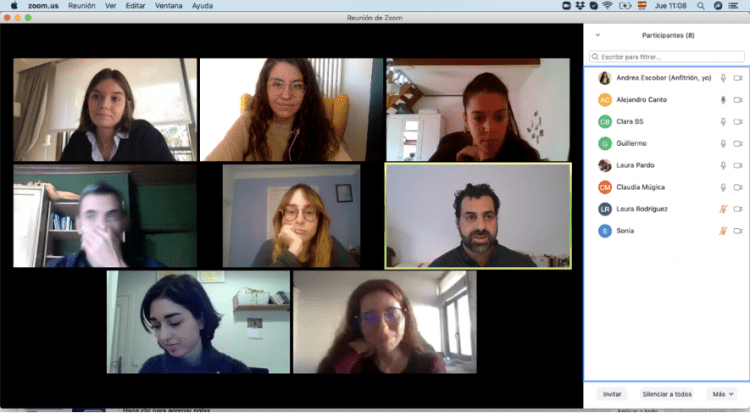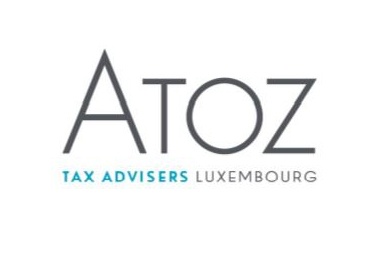Launch of a new quarterly publication focused on the financial sector
The Official Spanish Chamber of Comerce in Belgium and Luxembourg, through the Spanish Financial Forum, will launch a new publication at the beginning of April focused on the financial services industry.
Through this sectoral newsletter, the aim is to address issues of interest to SFF members, as well as to promote business opportunities and collaboration between Spain and Luxembourg in the financial sector.
The SFF newsletter will be distributed in digital format in two languages, Spanish and English, and aims to become the publication of reference for all those professionals linked to the provision of financial services in Spain and Luxembourg mainly.
This new communication tool will include current news, opinion columns, interviews and specialised articles, among other information of interest.
The Chamber offers the opportunity to contract advertising and to sponsor contents in this publication. You can find more information here, or contact us by sending an email to mailto:luxemburgo@e-camara.com.










